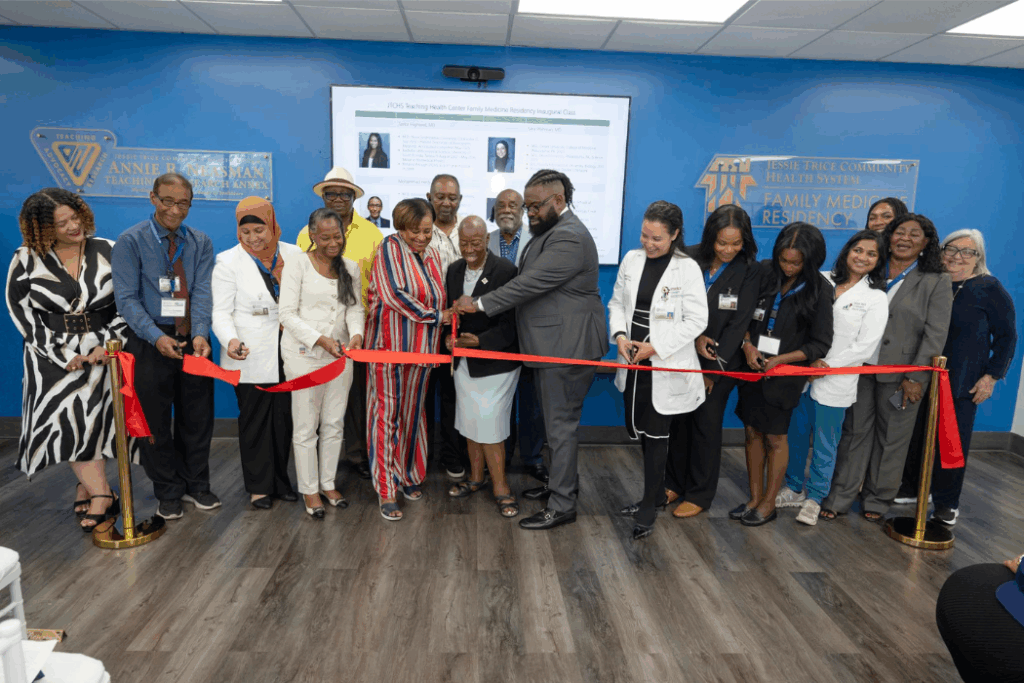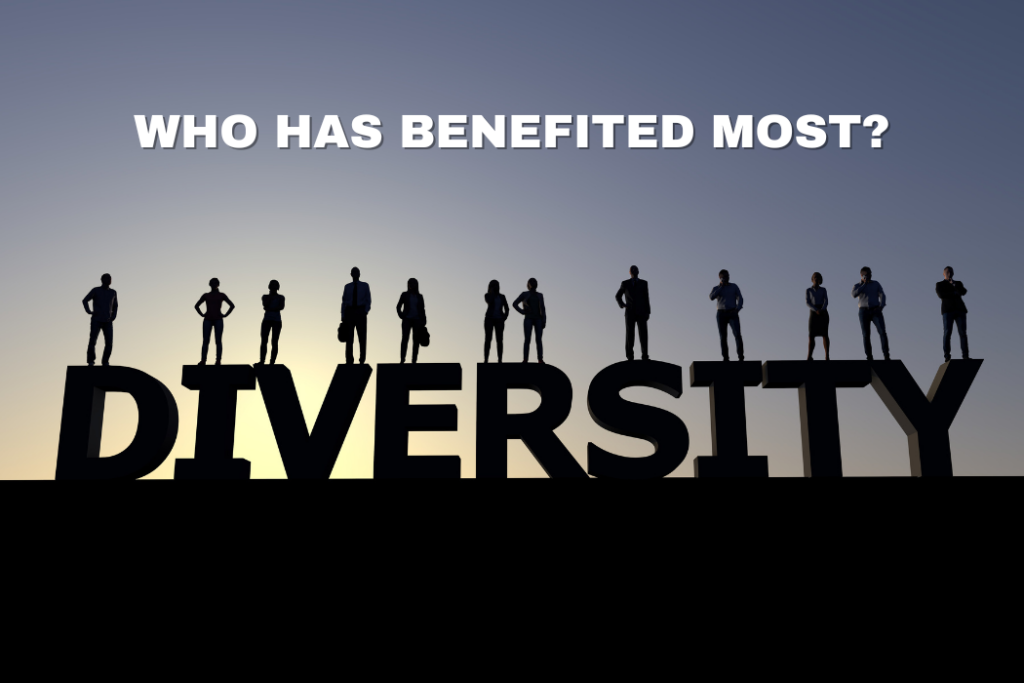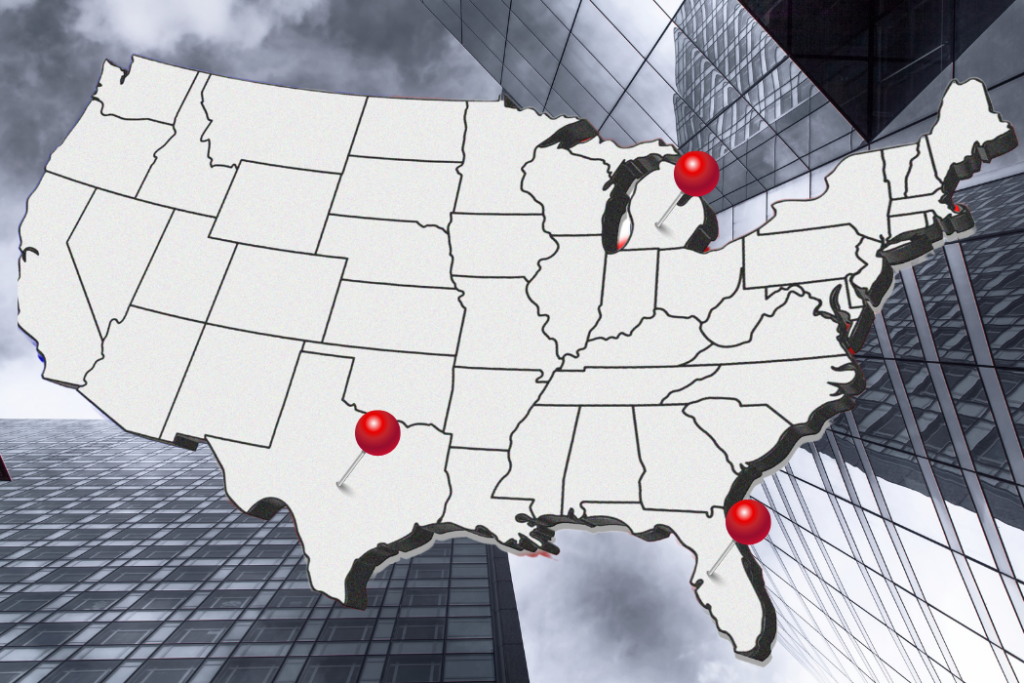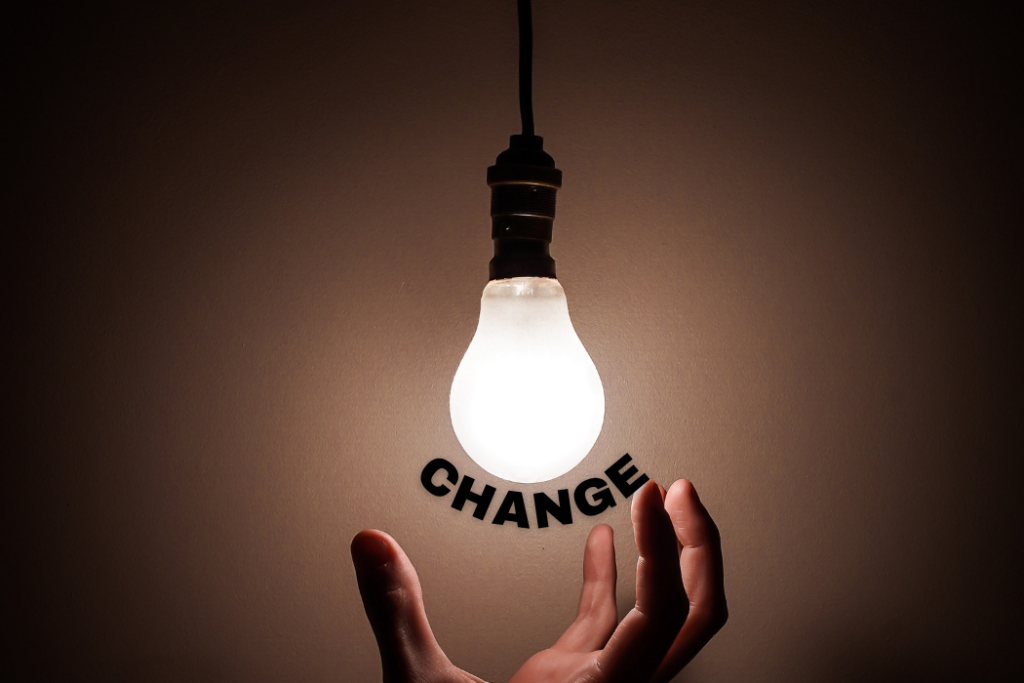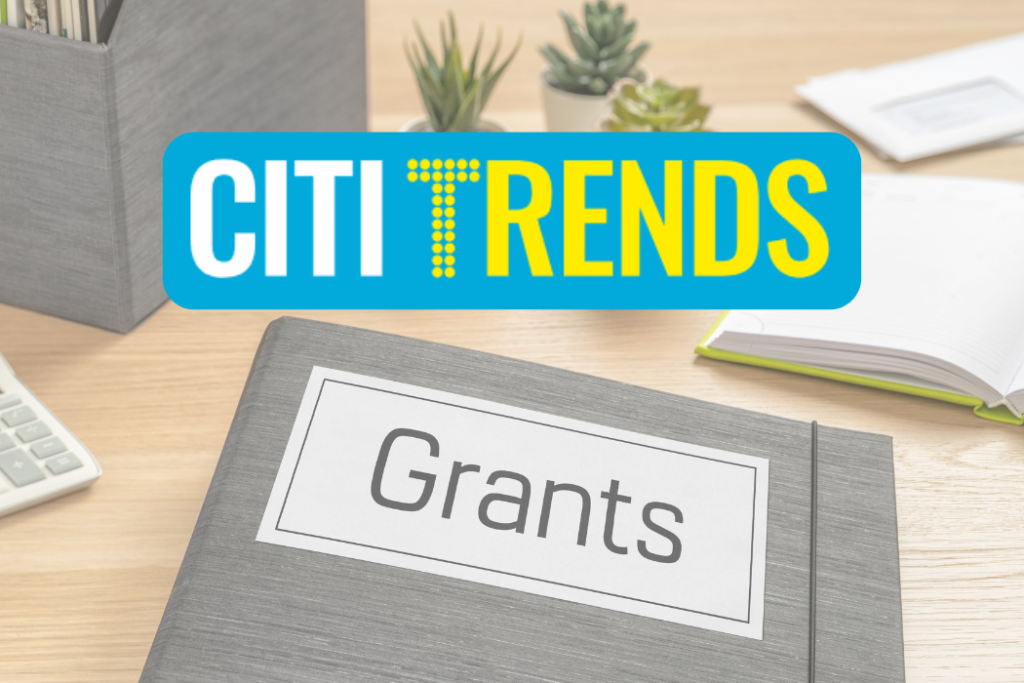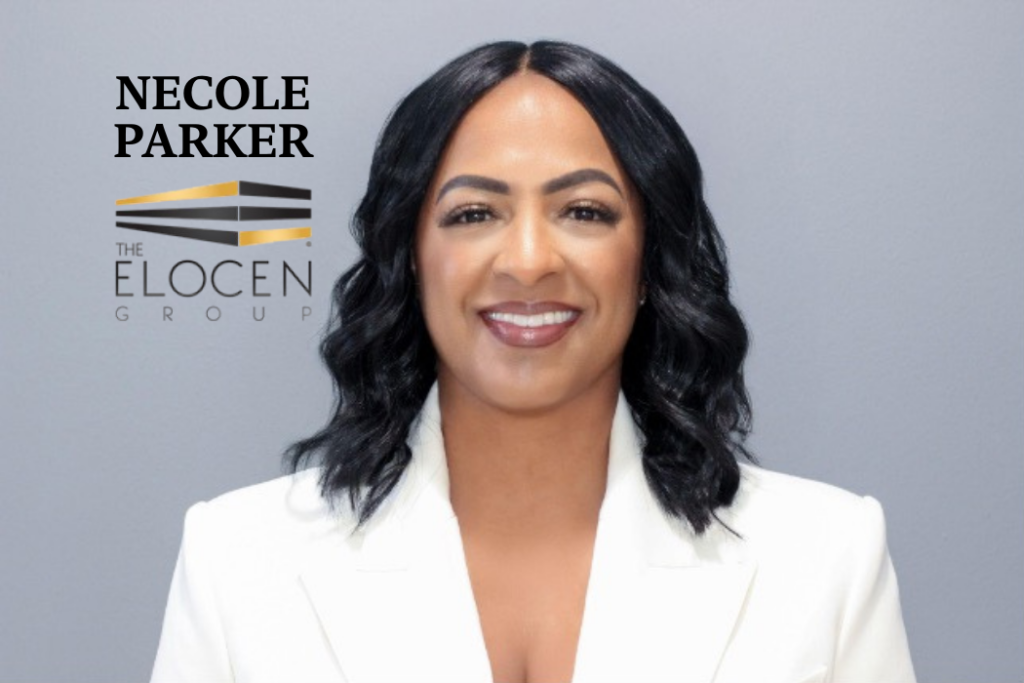
The report spotlights the unique challenges that Black-owned small businesses face and identifies opportunities to better serve the Black small business community.
To mark the start of Black Business Month, Hello Alice has released “The Impact of COVID-19 on Black Business Owners” data report, uncovering the unique set of challenges that America’s Black small business owners are facing as a result of the COVID-19 pandemic. In partnership with Black and Brown Founders, digitalundivided, and DivInc, the report urges enterprise companies, policy makers, and thought leaders to rethink what communities of color need, starting with examining accurate, abundant data. According to research conducted by Global Strategy Group, slightly more than one in five Black small business owners reported temporarily closing operations due to the pandemic. Analysis from Hello Alice’s report shows that the economic damage is just beginning and will continue to intensify, specifically and disproportionately hurting Black-owned businesses.
To better understand Black business owners’ current needs and to identify opportunities to support, Hello Alice collected and compiled demographic information, funding requirements, and operational challenges from 28,985+ Black owners, who applied for COVID-19 Business for All Emergency Grants. The resulting data report highlights:
- 69 percent of Black applicants for COVID-19 Business for All Emergency Grants identify as women (and by percentage, Black women are the fastest growing group of entrepreneurs in the United States).
- The overwhelming majority of Black business owners nearly three out of four reported they needed emergency funding immediately in order to survive the COVID-19 pandemic.
- 92 percent of Black applicants are calling on the government to step up and give them access to more emergency grants, ranging from $10-$25k. For 37 percent of Black-owned businesses that applied for funding, this amount of funding would mean business survival after COVID-19.
- 68 percent of Black applicants said that lost sales was their biggest hurdle during this time of social distancing.
- When owners were answering these questions, they did not anticipate COVID-19 affecting their businesses for more than four months. Additionally, the Payment Protection Program (PPP) was designed to help owners for only two and a half months.
- 36 percent of Black business owners stated that raising capital and finding a loan was their biggest challenge.
“There is no question that the COVID-19 pandemic and economic plummet has ravaged America’s Black-owned small businesses,” said Darnell Bowen, Controller & Grants Program Director of Hello Alice. “By collecting the data and sharing this report, Hello Alice hopes to mobilize community members and lawmakers to continue to support and better serve the Black small business community.”
Since its inception, Hello Alice has been committed to promoting equal access for Black business owners, who make up 24 percent of the overall total platform community. In an effort to support Black owners through the unprecedented and unique challenges of COVID-19, Hello Alice provided owners the opportunity to apply for $10,000 COVID-19 Business for All Emergency Grants. Additionally, Hello Alice joined forces with the eBay Foundation, Global Entrepreneurship Network (GEN), Mastercard Center for Inclusive Growth, PepsiCo, Salesforce Essentials, Silicon Valley Bank, U.S. Chamber of Commerce Foundation, UBS, and Verizon to launch the Black Owned Business Resource Center as an extension of the COVID-19 Business Resource Center. Through the Centers, business owners can connect with peers and experts to get the help they need in real time, including comprehensive access to financial support, crucial industry-specific resources, and step-by-step guides targeted at specific industries as they prepare to reopen.
The report also looks beyond the data to uncover the significant equitygaps that Black small business ownersexperience. Case studies from the report take an in-depth look at the structural inequities amplified and exposed by COVID-19, such as the true extent of the racial wealth gap. Noted in the report, “talent and hard work are not enough to find financial success, yet those are the predominant messages we hear. Networks and support structures without bias need to be supported on a grand scale now.”
Hello Alice recommends the following actions based on their data:
- More loans and grants. Black business owners overwhelmingly requested access to funding in amounts between $10,000 and $50,000.
- Extend government programs. Demand for rent relief, tax deferrals, and tax waivers was a common theme.
- Targeted outreach. It’s not enough to express support; industry-specific groups must actively reach out and include Black owners in their networks.
- Engage with the following organizations: Black and Brown Founders, digitalundivided, and divinc.
The full “Impact of COVID-19 on Black Business Owners” data report is available here and at blackbiz.helloalice.com.
Follow the online conversation on Twitter by using the hashtags #BusinessForAll and by following @helloalice.



